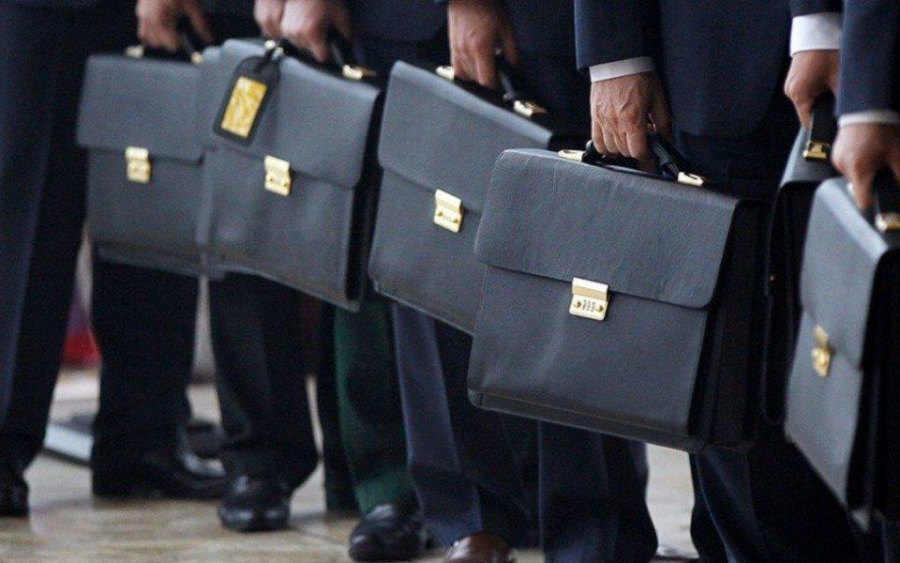
Kazakhstan is set to eliminate bureaucracy and paper work. There are nearly half a thousand types of reports to date, which account for over 80 percent of the document flow between state bodies. Decrease in their number by half in the next few years will improve the efficiency of civil servants and diminish their workload. Experts discussed measures on improving the work of the state apparatus and the tasks prescribed in the corresponding decree of the Head of State. Today the state apparatus implements over 35,000 functions, however their number was almost eight times less in 2015, the speakers said. The number of duties of state bodies grows every year, but the work itself does not improve, opined Aigul Shaimova, Deputy Chairwoman of the Strategic Planning and Reforms Agency.
“The state apparatus must be involved in the problems and needs of society and business, quickly and effectively make the necessary decisions and put them into practice. The real result that provides a practical solution to the issue will be the determining criterion for efficiency in the work of state bodies,” the woman said.
The implementation of several assigned tasks outlined in the President’s decree is entrusted to the Civil Service Affairs Agency. This is a provision of the full digitalization of civil service selection process through the ‘E-kyzmet’ information system.
“Around 28,000 staff selection competitions were announced last year. Only 30 percent out of more than 46,000 citizens succeeded and got jobs. Obviously, all automated stages of the civil service selection process through the ‘E-kyzmet’ information system and remote participation will solve these problems. Therefore, the agency plans to complete this work by the end of next year,” noted Berik Berkimbayev, Deputy Chairperson of the Civil Service Affairs Agency of Kazakhstan.
The state apparatus will shift its focus from bureaucratic to digital format of interaction. Besides, budgetary and rule-making processes will also be optimized.
Translation by Saniya Sakenova
Editing by Saule Mukhamejanova









